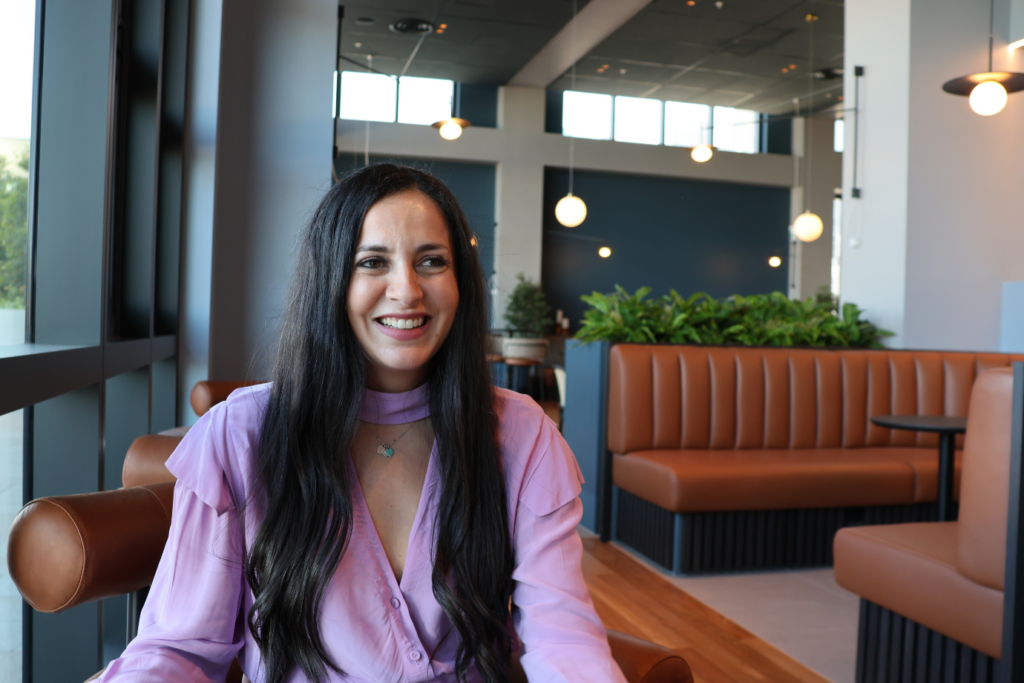We have a privilege problem in the legal profession.
The entry way to top-tier firms, in particular, is largely only open to a graduate cohort that reflect a certain mould. It’s often influenced by a narrow pipeline that favours graduates from sandstone universities – which in turn, often draw from private schools. A quick look at the education data of top-tier lawyers on LinkedIn shows that the top four universities represented are all sandstone institutions.
Nearly seven in 10 students at Australia’s most prestigious law schools come from the wealthiest 25 per cent of postcodes, according to the Grattan Institute, reinforcing a pipeline that filters out working-class and first-generation talent before they even reach the interview stage.
The reality is that systemic privilege still plays a major role in who gets through those doors.
As a first-generation lawyer, I can personally attest to this reality. My parents migrated from the Middle East to Australia when I was one year old, and we grew up in a middle-class area in the Eastern suburbs of Melbourne. Of course, I had some privilege, but in other ways, my background had already shaped my trajectory. Not because I wasn’t smart enough, but because I didn’t have the cultural capital, elite connections, or private tutoring pipeline that legal pathways often quietly expect.
My smarts and hard work did, however, secure me a role as a paralegal at a top-tier firm during my university studies. When I applied for, and missed out on, a clerkship at a top-tier firm, I asked for feedback. My performance reviews were excellent, I had a strong work ethic, and I had maintained a distinction average whilst working, even being achieving the highest marks for a couple of units. Surely, there’d been some kind of mistake? The HR Manager admitted:
“We only take on clerks from Melbourne or Monash University. If we’re going to look at clerks from Deakin or other universities, then we really need to be seeing an average of high-distinctions”.
The message was clear – top-tier firms don’t hire people like me.
Fifteen years on, it’s disheartening to see that the tide still hasn’t truly turned. While there are more pathways into law than there were when I graduated, for those seeking access to complex, high-profile work at top-tier firms, there remains an unspoken expectation of pedigree.
Certainly, the legal industry has made some progress on diversity. But much of the focus has centred on visible characteristics, like gender and race, while class remains largely unspoken. Socioeconomic background is one of the most powerful filters in the profession, shaping who gets in, who feels like they belong, and who rises through the ranks. Yet, it’s rarely acknowledged in formal diversity policies. The result? Many brilliant, capable people from working-class or first-generation backgrounds are still being left out of the conversation entirely.
Access to elite universities, which remain a key hiring pool for top-tier firms, often depends on a level of financial and cultural capital that not everyone has. Add to that the expectation of unpaid clerkships or internships, and you’ve already locked out those who can’t afford to work for free. Even when first-generation lawyers make it in the door, they’re faced with unwritten rules: how to speak, dress, network, and self-promote in ways that align with upper-class norms. These subtle codes aren’t part of any job description, but they heavily influence who is seen as “a good fit.” Until the profession recognises and addresses these structural filters, it will continue to miss out on some of the most resilient, driven, and talented legal minds.
Now, as an employer myself at my firm, Legalite, I’m committed to showing firms of all sizes the competitive edge that comes from hiring diversely. I’ve hired people of all ages, backgrounds, life stages, universities and academic performance—and I’ve never once asked to see a transcript.
If we’re genuinely serious about equity and inclusion, we need to open the door wider. That starts with:
- Rethinking what we value, like mindset, grit and commercial acumen, and recognising that talent doesn’t follow a single path
- Offering paid internships to underrepresented and marginalised groups
- Creating targeted mentoring and networking opportunities for first-generation lawyers
- Redesigning hiring criteria to prioritise potential over prestige
It’s 2025. It’s time to build a legal profession where everyone can see themselves reflected, and unlock deeper, more diverse talent across the industry.
Become a Women’s Agenda Foundation member and support our work! We are 100% independent and women-owned. Every day, we cover the news from a women’s perspective, advocating for women’s safety, economic security, health and opportunities. Foundation memberships are currently just $5 a month.
Bonus: you’ll receive our weekly editor’s wrap of the key stories to know every Saturday.


